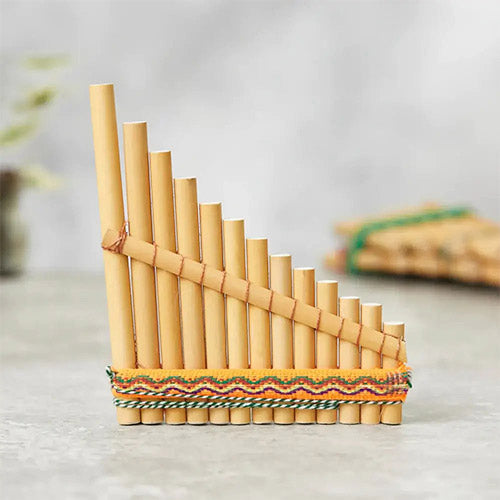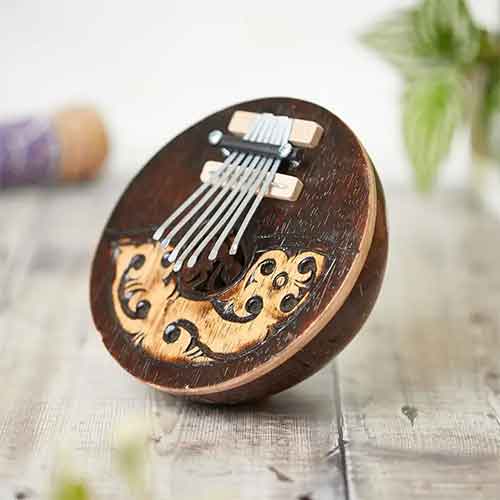Is my child anxious?
Anxiety in children can occur when things are going on in their lives that they are unsure of, feel unsafe, worried about new things and being bullied. Normally children just get a little overwhelmed (as we all do) about new things whilst growing up in this crazy world we live in.
Anxiety can start as early as around 6-8 months, this is called separation anxiety, they will normally get very distressed when their mother or father disappears from the room or their surroundings. They get stressed, scream, cling on to you, cry and kick their legs because for them at such a young age they think their parent will never come back. This can continue to happen until around 3 years old, nursery tends to be a time when this also can play a big part in their behaviour.
In early pre school age they may get anxious or worried about a new teacher, making new friends, they may be nervous where to sit, who to play with etc. This clears up the longer they attend school, so as soon as they turn around two It is recommended that you put them into nursery for at least 2 full days and one half.
This makes starting bigger school easier as they are used to new routines. As your child attends high school they will become more anxious at times such as exams, mocks, making new friends etc.
When should I worry about my child’s anxiety?
As we all know anxiety can get the better of us all sometimes, but when it starts to affect a child’s day to day life meaning they do not want to attend school, they may fake illness, make up any excuse not to attend an event, then you should think about getting some professional help.
Most schools now have school councillors who are there for children who are struggling with mental health so get in contact with them straight away. Here are some symptoms to look out for.
1. Biting their nails or clothes
When you see a child/teen biting their nails and fingers this is a sign they are worried or anxious, biting their tops/clothes can be a comfort thing for them but should be taken seriously.
2. Complaining of stomach upset
In many children stomach upset is also a sure sign of anxiety or nervousness, the brain gut connection is so sensitive to the slightest of worries, they may complain of a ‘tummy ache’ they may become constipated or have diarrhoea which causes them to not want to attend school.
3. Not eating or overeating
As we all know when we are nervous or upset some of us will reach for the cookie jar, where as others cannot bear the thought of food, watch out for your child avoiding dinner times or asking for more food than they require normally.
4. Wetting the bed
In younger children, wetting the bed is normally over and done with by around 3-4, but if they have been dry for a good amount of time and then all of a sudden start to wet the bed, this can be a sign they are not mentally coping.
5. Irritable, clingy and emotional
Being anxious can have horrible affects on the best of us, you may notice your child slams doors on you, wants more cuddles than usual, doesn’t want to leave your side, cry’s over small things that wouldn’t normally upset them.
6. Not sleeping at night
Lacking of sleep at night time is another sure sign to look out for, we all need sleep to help our brains work out what has happened that day, many children with anxiety and worries will lay wide awake at night thinking about all of the things that could go wrong or have gone wrong.
How can I help my anxious child?
Firstly, talking to your child can help solve many problems. Sometimes children bottle their worries and fears up and end up with worsened mental health when they’re older. Show them that what they are worried about is perfectly normal.
Once you have talked it through its good to help them by finding a solution to their worries for example, seeing a professional like a doctor or physiatrist as they are trained to help children in these situations and offer ways of calming down.
Encourage them to do what makes them anxious, for example if their worried about going to a friends party don’t reply with ‘just don’t go’ as this will encourage them to not face the anxiety but let it control them.
Helping younger children with anxiety
Younger children tend to be worried more so when a routine is not in place, they don’t know what is going on one day from the next, having things in place to do, bath time, bed time, dinner time, this all makes them a little calmer knowing what is happening and when.
There are many books that help children deal with different worries, some children do not like to use the public bathrooms as they fear something will go wrong, children’s books can give your child the incentive that they do not need to be worried.
If it is change that your child struggles to cope with, let them know in advance that it is happening such as moving house, having a divorce, moving schools, going to another country, these can all be stressors for young children so make sure they are aware and ok with the situation before throwing them into it. Practice relaxation techniques such as deep breathing, yoga poses, and mindfulness.
If they are worried about things such as school or nursery, distraction is a good way to stop them worrying as much, such as a new toy, game or singing a song together on the way to school.
What if they are still anxious?
As a parent having a child suffering with anxiety can be a worrisome time, but keep calm within yourself, or it will just make your child worse. If the anxiety and stress is getting to them every day and affecting daily activities you should visit your doctor.
If they tell you they don’t want to attend school anymore, this could be a result of bullying, not enough stimulation or learning difficulties. Speak to your child’s head teacher to see if they offer any support and help for children suffering with anxiety issues.
Up next: What are my childcare options?









